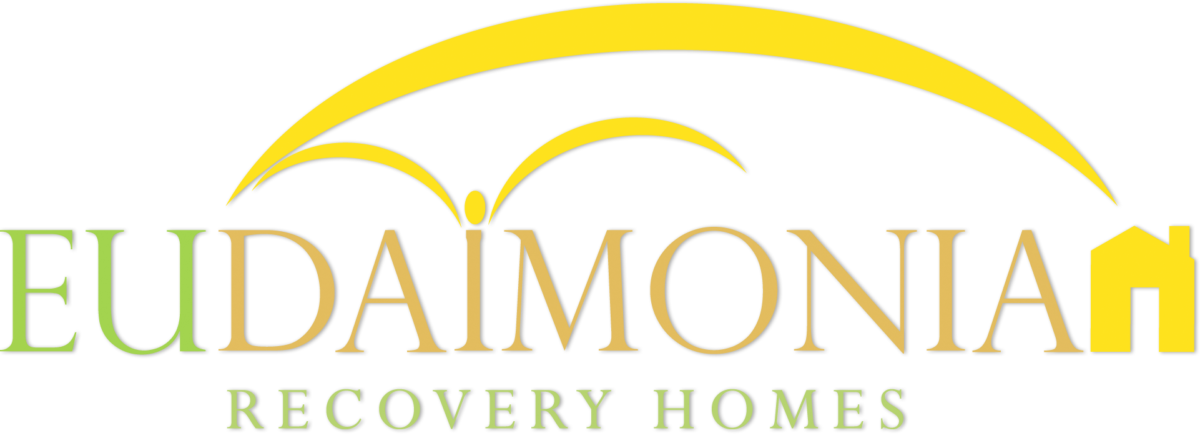11 Common Recovery Challenges During the Holidays

The holidays present a unique set of challenges for people in recovery, often putting their coping and relapse prevention skills to the ultimate test. However, these road bumps during the holiday season don’t have to be threats to sobriety. Instead, they can be used as opportunities to develop and improve important skills like resilience, discipline, and self-efficacy.
Table of contents
1. Busy schedules
With a busier schedule, it’s more difficult to maintain a regular recovery routine. People in recovery may miss support group meetings, neglect self-care practices, and lack the proper amount of sleep they need to maintain their physical and mental health. Maintaining as much of the normal routine as possible is ideal, such as meditating for 10 minutes each day, exercising regularly, and going to sleep at a consistent time every night.
2. More travel
During the holidays, people often travel back home to be with family or they go on vacation to enjoy some time off from work. Travel of any kind can be stressful and hectic, especially during the Christmas season. This can leave sober people tired, irritable, and less able to manage triggers and cravings. Prepare for this challenge by booking nonstop, direct flights for easier travel, request that family members come to you for the holidays, or opt out of the travel altogether and spend Christmas and New Year’s with sober friends and support groups in your hometown.
3. More alcohol-related activities
Not only are alcohol-related activities common during the holiday season, but alcoholic beverages are present at just about every Christmas party, New Year’s Eve celebration, and family get-together. Being surrounded by alcohol constantly can be straining, especially if someone is newly sober. It’s okay to opt out of Christmas parties or events if the alcohol is too tempting. Otherwise, bringing a sober friend, leaving early, and making a plan to stay in touch with a sober coach or sponsor throughout the event is a great way to stay accountable and sober.
4. Guilt over past holiday mistakes
Sometimes being around family and friends can bring up feelings of guilt about previous holidays spent drunk, high, or hungover. Additionally, some loved ones may still not be ready to forgive and move on by supporting a family member in recovery. Overwhelming feelings of guilt and shame can be powerful and may quickly lead to relapse if they’re not addressed properly. On the bright side, increased family time during the holidays may provide more opportunities to make amends and take steps to move past hurt and regret so everyone can start making new holiday memories to be cherished.
5. Financial stress
It’s no secret that Christmas is a consumer holiday in the U.S., and many people struggle financially during the holiday season. As the pressure to buy more decorations, gifts, and fancy tress mounts, it’s easy to get bogged down by the financial stress that comes with it all. Keeping everything in perspective can help reduce this pressure and serve as a reminder of what the holidays are all about: togetherness, giving back, and celebrating a life in recovery.
6. Holiday office parties
Christmas parties at the office can be fun but they can also be booze-fueled. A person in recovery may feel torn about going in the first place, especially because work events are often mandatory. Explaining your addiction recovery to a supervisor may not always be ideal, but depending on the work environment, it may be a good idea. Otherwise, stopping by briefly, saying hello to co-workers, and then leaving is completely acceptable.
7. Unhealthy foods
The holiday season is always packed with sweets like cookies, pies, cakes, and chocolates, making it difficult to maintain a healthy and nutritious diet that supports recovery. Instead of giving into temptation at every turn, it’s helpful to maintain some balance and enjoy the holiday treats without overindulging. Setting weekly limits on sweets and preparing healthy, homecooked meals as much as possible will help reduce sugary binges and crashes.
8. Family events
During the holidays, family get-togethers are more common, which can sometimes be challenging for a person in recovery, especially if loved ones abuse alcohol or drugs. Additionally, previous addictive behaviors may have contributed to complex relationships, resentment, and feelings of guilt and shame. If family members typically abuse drugs or alcohol at holiday events, people in recovery may choose to celebrate the holidays with sober friends instead.
9. Depression or Seasonal Affective Disorder
Depression is a common problem for people in recovery, and seasonal affective disorder (SAD) can make anyone feel hopeless or blue. Dealing with the holiday blues in recovery is a difficult endeavor and is best tackled with the support of sober peers or a recovery program, such as a sober living program. Additional support during the holiday season can make all the difference and provide much-needed accountability, encouragement, and resources for ongoing sobriety.
10. Loneliness
Being far from family and friends during the holidays can be tough, especially if you’re newly sober and struggling to figure out what your new life looks like. The dangers of HALT (hunger, anger, loneliness, and tiredness) are real in recovery, and learning how to manage these feelings and emotions is an essential part of staying sober. Recognizing feelings of loneliness during the holidays is the first step to responding in a healthy way. Calling a sponsor and attending a support meeting right away are other excellent ways to combat loneliness.
11. Lack of sober support
Often when sobriety gets difficult, it’s because a person lacks the proper support. The holidays may be the perfect time to enroll in a sober living program or peer recovery support program. Instead of waiting until after the holidays, being proactive about recovery and enrolling in treatment right away may be the best way to combat relapse.
If you or a loved one is struggling to stay sober this holiday season, contact Eudaimonia Recovery Homes to learn more about our sober living homes and recovery support services. The holidays can be challenging, but there’s no better time to safeguard your sobriety and seek out extra support for your sobriety.
